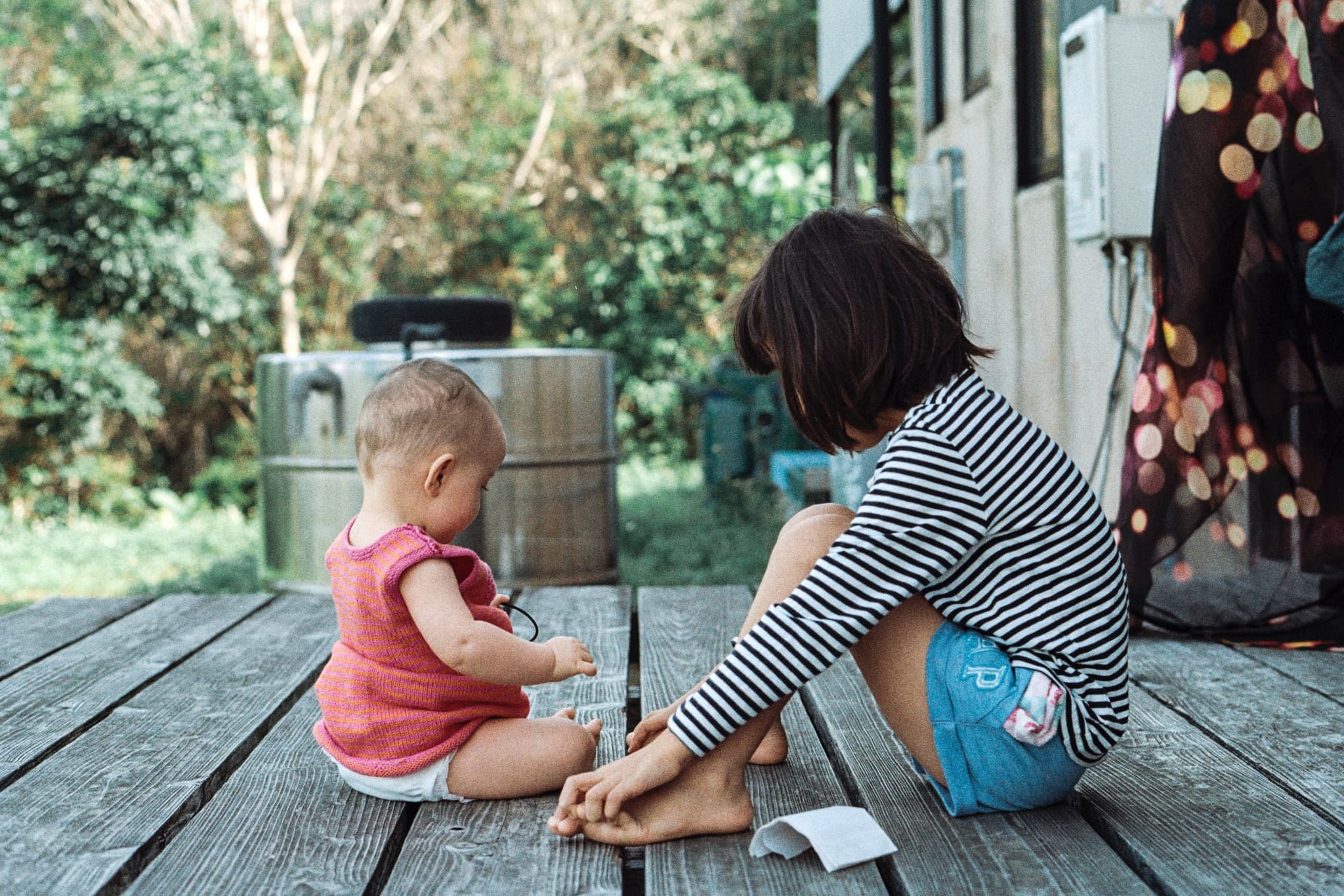Advocacy
COVID-19
Prediction from Save the Children says 86m children in poverty

Freya Lucas
May 29, 2020
Save
The global economic fallout from the COVID-19 pandemic could push 86 million additional children into household poverty by the end of 2020, according to new analysis by Save the Children and UNICEF.
While Australia is not one of the countries the report predicts to see the most significant increase, many in the education and care sector are watching the economic fallout of the pandemic with interest.The Poverty in Australia 2020: Part 2 – Who is affected? report from the Australian Council of Social Service and UNSW Sydney shows that before the pandemic, more than a third of Australian children living in homes headed by single mothers are living in poverty - a statistic bound to be exacerbated by the conditions of COVID-19.
Analysis from the global report indicates that without urgent action to protect families from the financial hardships caused by the pandemic, the total number of children living below the national poverty line in low- and middle-income countries could reach 672 million by year-end.
“The coronavirus pandemic has triggered an unprecedented socio-economic crisis that is draining resources for families all over the world,” said Henrietta Fore, UNICEF Executive Director.
“The scale and depth of financial hardship among families threatens to roll back years of progress in reducing child poverty and to leave children deprived of essential services. Without concerted action, families barely getting by could be pushed into poverty, and the poorest families could face levels of deprivation that have not been seen for decades.”
While the immediate consequences of the pandemic mean that families are less likely to afford the basics, including food and water, and be less likely to access health care or education, in the longer term, the reach and quality of the services families depend on can also be diminished.
To address and mitigate the impact of coronavirus on children in poor households, Save the Children and UNICEF are calling for rapid and large-scale expansion of social protection systems and programmes to address immediate financial needs and lay the foundation for countries to prepare for future shocks.
Governments “must also invest in other forms of social protection, fiscal policies, employment and labor market interventions to support families” a joint statement read, and these investments must include an investment in family friendly policies, such as paid leave and childcare.
To access the statement in full, please see here.
Don’t miss a thing
Related Articles



















